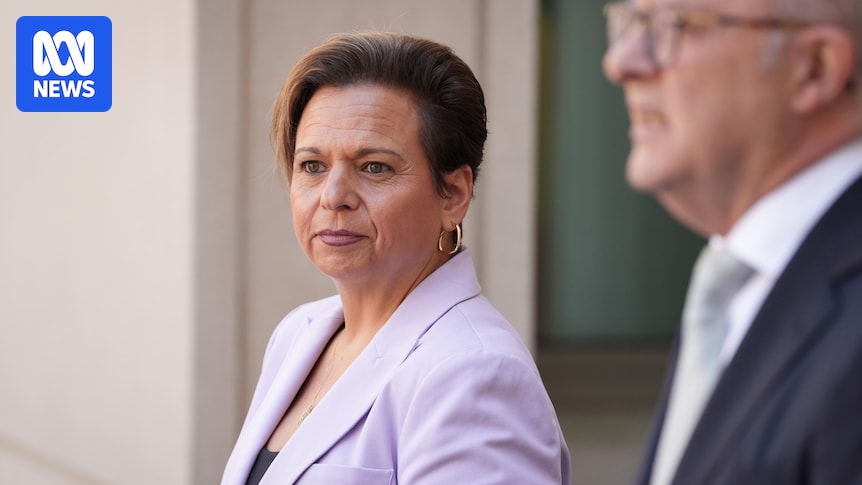Details of the government’s actions and the advice of public servants could be more easily hidden under a new Albanese government proposal to weaken Freedom of Information (FOI) laws.
Attorney-General Michelle Rowland will introduce legislation on Wednesday that would make it harder for journalists and members of the public to gain access to documents related to government “deliberations”.
It would also “clarify” the rules about when documents could be deemed confidential because they related to cabinet processes, an avenue the Robodebt royal commission found was routinely abused by public servants as an excuse to refuse FOI requests.
The details of this “clarification” are not yet known, but the ABC understands the change may lead to more documents being labelled as cabinet confidential, not fewer.
Freedom of Information laws allow members of the public and journalists to access information about government decisions and processes, and have long been contested between transparency advocates favouring stronger laws and bureaucrats who say confidentiality allows them give freer advice to government.
The proposal would also introduce a mandatory fee to lodge requests. A spokesperson for Ms Rowland said the purpose of this was to stamp out vexatious requests, and that there would be an exemption for those seeking information about themselves.
The fee would be broadly in line with fees charged by some state governments, of roughly $30 to $50 per request.
“Freedom of Information is a vital feature of our democratic system … [But] the FOI framework is stuck in the 1980s,” Ms Rowland said in a statement.
“[The] changes will continue to promote transparency in government while ensuring public sector resources are not unduly misused by anonymous or vexatious requests.”
Labor cites ‘frivolous’ requests as motivation
According to figures quoted by the attorney-general, public servants spent more than a million hours processing FOI requests in the 2023-24 financial year including spam, threats and “frivolous” requests.
In one instance, a single entity sent 580 FOI requests in a short window, diverting an entire public service team for more than three months. In another, an applicant made numerous requests.
But the FOI system is also used by members of the public seeking information about decisions made by officials that affect them — 72 per cent of requests — and by journalists seeking information about the actions of officials and politicians.
While fees are not currently mandatory, departments often seek hefty sums to process requests, or refuse them on the grounds that they would take too long to process. Documents related to government deliberations are also routinely excluded.
Ms Rowland’s statement framed the current laws as “barriers to frank and fearless advice from the public service”, echoing the common claim by bureaucrats that FOI laws cause them to censor what they tell their ministers because they fear publication.
The Albanese government has faced criticism for its transparency on a number of fronts, including its responses to FOI requests, answers to orders for the production of documents from opposition and crossbench parliamentarians, and tendency to make stakeholders sign non-disclosure agreements when they consult on policies.
Shadow Attorney-General Julian Leeser said the proposal for a mandatory FOI fee was a “truth tax”, but declined to comment on other elements of the bill, saying he was yet to be briefed.
“This is a government that talked a big game on transparency when they came to office, but what they’ve done since they came to office is anything but transparent,” Mr Leeser said.
Greens justice spokesperson David Shoebridge said the proposal would “make it even harder to get access to government information”.
“They’ve looked at the FOI system and decided the problem was you trying to get information and not the secretive departments and ministers that are repeatedly trying to hide it … What are they trying to hide from us this time?”

